Introduction: The Importance of Leadership in Various Spheres of Life
Leadership is a skill that applies to more than just CEO’s and generals. There are fundamental attitudes of behavior that breathe purposefully throughout all areas of life — from the little community project, to flipping huge corporate beasts. Great leaders keep their team inspired, effecting change, and live in an environment where people can grow. – Books on Leadership Skills
How books help in building leadership skills
Though experience is a great teacher, you can only learn so much from it – the intangibles (and depth of study and theory) of books could elevate your skill as leaders to an all new level. They distill the wisdom and experiences of top leaders, giving us models to adopt for decision making and building high performing teams.
Table of Contents: What will I learn?
In this blog, we take a deep dive into the core principles of leaderships as well as building interpersonal skills, strategic leadership and leading through change and crisis to enable more successful innovation. We’ll also recommend a few must-read books in each area, to support you on your way of becoming the leader you want to be.

The Foundations of Leadership
Comprehending Leadership: Definition and Basic Concepts
Leadership and directing others are often mistaken to be the same thing. But it goes way beyond that.
Distinct between Leadership and Management.
The difference between leadership is mainly about urging and management, maintenance of both processes. Leaders question the standards and imagine new possibilities
Common Traits of Successful Leaders
Leaders who inspire others to follow their own lead are the type of people that have integrity, empathy and remain resilient with a capacity for effective communication. They know when to be passive and allow things to go with the flow.
Leadership Studies Theoretical Frameworks
There are frameworks, such as transformational leadership, servant-leadership and situational leadership that help us to view our own styles of leading in different manners.
Essential Foundational Leadership – Part I_reading list
You can read more of SIMON SINEK at You spell it. – LEADERS EAT LAST
Simon Sinek investigates when a team pulls in concert and when it do not. This is especially true in understanding the biological basis of what makes for good leadership, and how to cultivate trust and loyalty.
The Leadership Challenge by James M. Kouzes and Barry Z. Posner
Based on years of solid research, this books dishes pragmatic advice that in essence captures what great leaders do so well: they inspire others to choose them as their leader.
Mindset: The New Psychology of Success, by Carol S. Dweck
Dweck teaches leaders to develop a growth mindset that is the foundation of innovation and resilience in The Art of Developing Growth Mindset Leaders (April 2018).
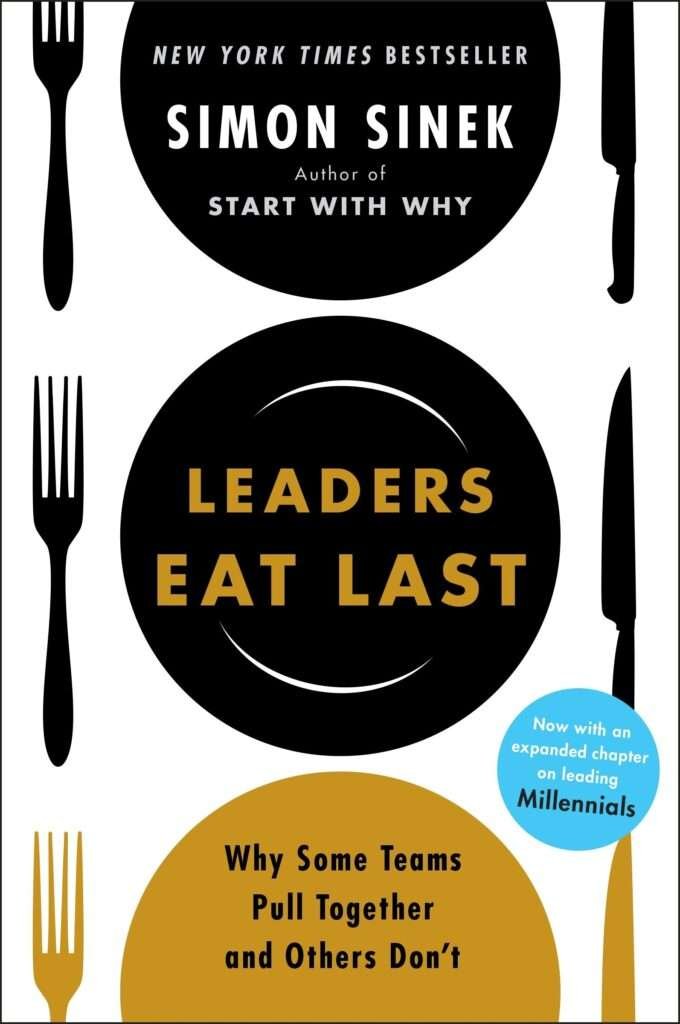

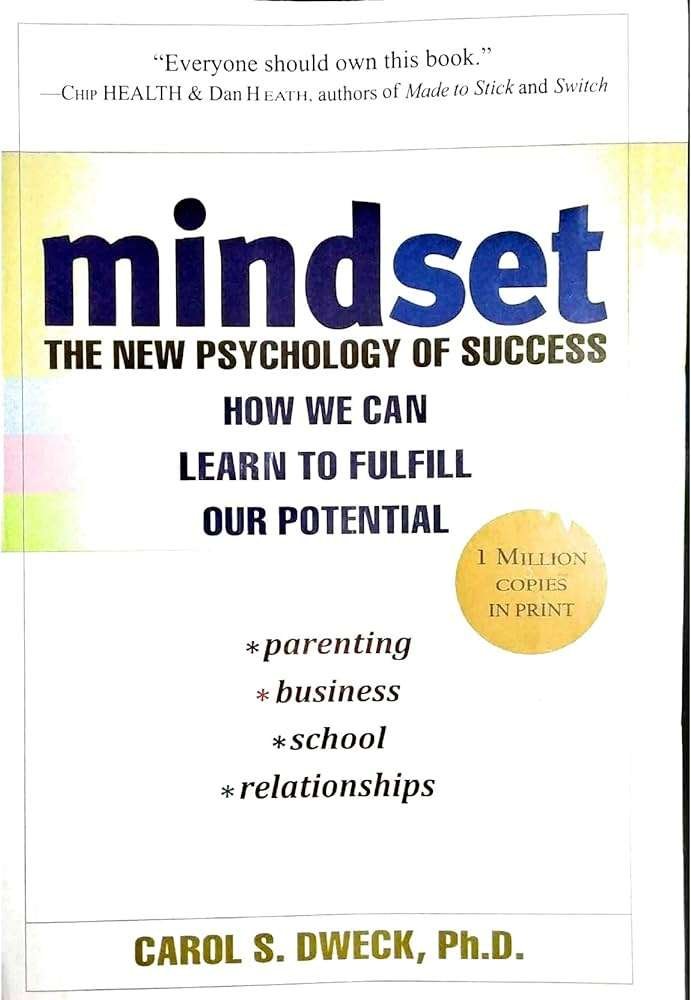
Foundational Leadership in Action: Real-world Examples
Case Studies from Business, Politics & Community Orgs
How about the late Steve Jobs of Apple (a truly visionary leader) and Nelson Mandela whose leadership by example was a driver for transforming an entire nation. Non-profit: For example, Malala Yousafzai who has demonstrated great bravery and leadership in the fight for education.
A breakdown of principles that exist in scenarios you are likely to encounter
Examining the decisions and strategies made by these leaders can provide us with valuable lessons that we can use across contexts or challenges.
Built Upon The Wisdom Of Historical Leaders
Leaders spanning history, such as Winston Churchill presumed the qualities of resolve and cunning; but what is critical to remember that these foundational principles have eternally formed time.

Interpersonal Leadership Skills Developing
Communication & Empathy (and why they matter)
Why Active Listening is Important in Leadership
It promotes an atmosphere of respect and empathy. Good listeners hear grievances before they escalate.
About Develop your Emotional Skills
This means having an emotional intelligence that pulls up your awareness of the state you are in emotionally and also sensing what others emotions may be. It is essential as you will be able to wisely handle relationships and lead teams.
Tips for Delivering Positive Feedback
Specificity, actuability and empathy are the hallmarks of effective feedback. This is a source of growth and not just a means of criticism.
A few great books on how to lead handlettered for you
Read “How to Win Friends and Influence People” on Blinkist
More than 80 years later, Carnegie’s wisdom about human relations is still true and absolutely valid. The Brand You 50 The strategies for making a powerful emotional impression are timeless.
Emotional Intelligence 2.0, by Travis Bradberry and Jean Greaves
This is the perfect step-by-step guide for boosting emotional intelligence and it features sensible, real-life tests as well.
Crucial Conversations: Tools for Talking When Stakes Are High, by Joseph Grenny & Others
It is so crucial to have tough conversations. Either in personal life or professional you need some degree of this skill set. This is a book which teach someone how to live dates efficiently.
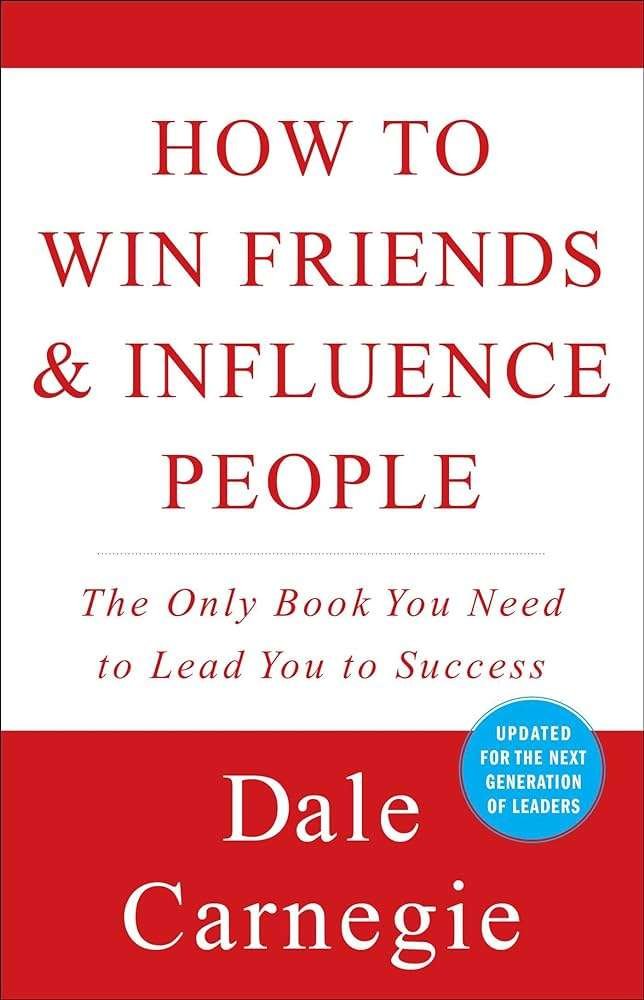
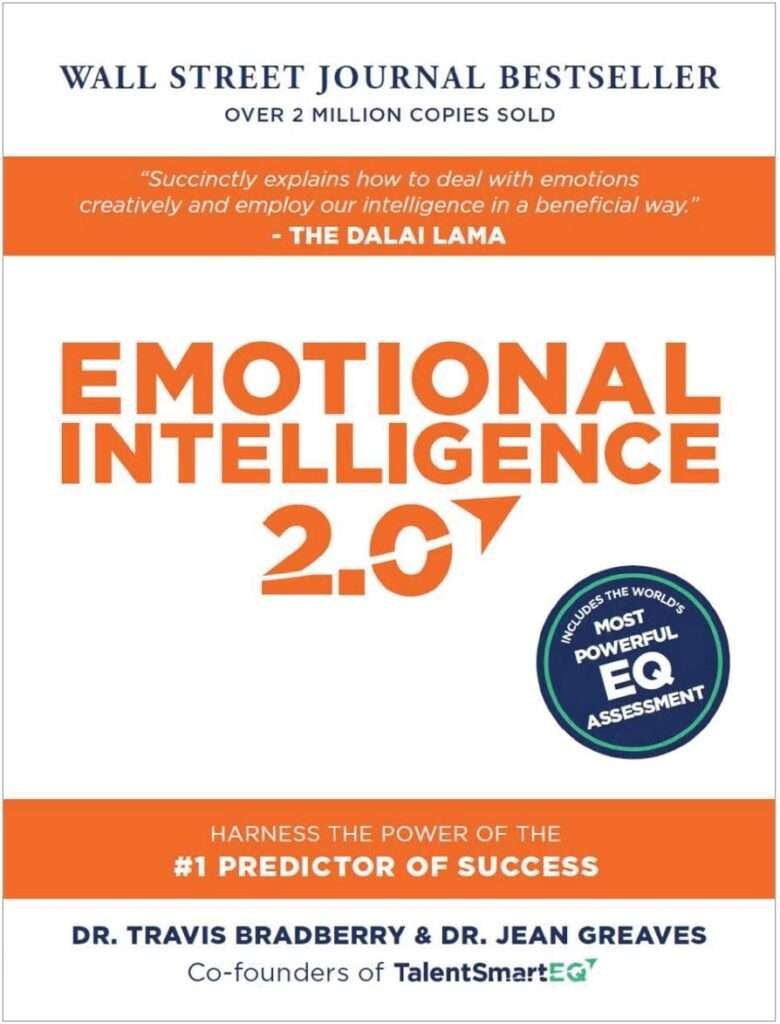
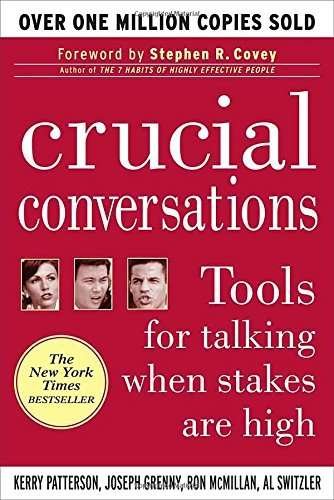
How to Develop Trust and Cohesion Strategies in your Team
Techniques to promote a collaborative environment
A culture of collaboration is built when goals are clearly defined, conversations are open and contributions of the team members are appreciated.
Importance of Authenticity
Authentic Leaders Create Trust. A sense of authenticity creates an environment where people are happy sharing their ideas and issues.
Navigating Team Dynamics and Common Challenges
Dealing with conflicts among different personalities and contrasting work ethics requires awareness as well.
Ongoing, Strategic Leadership and Decision-making
Strategic Thinking Elements
Vision Setting & Long term Planning
Strategic leaders think further ahead instead of focusing only on daily work. Strategic planning connects what businesses demand next to meet a need, with where those customer shifts are trending.
Risk response & mitigation
A technique for gathering potential risks and having a backup plan ready is the subtle difference between moving forward or standing still.
V)prioritization and Resource Reallocation
The right tasks and allocating resources in an efficient manner are two key aspects when pursuing strategic goals.

Significant Books in Strategies Leadership
Good to Great: Why Some Companies Make the Leap… and Others Don’t by Jim Collins
Collins examines why good companies become great and which do not, providing empirical support for such resources as leadership.
The Art of Strategy: A Game Theorist’s Guide to Success in Business and Life by Avinash K.
Game Theory is a tool in strategic decision making and this book shows how leaders need to play game theory when they make decisions on complex competitive environment.
Simon Sinek – Start with Why: How Great Leaders Inspire Everyone to Take Action
Sinek believes that the best leaders in the world and those who generate change through their actions work from a very clear “why. This book stresses why purpose is critical for leadership.
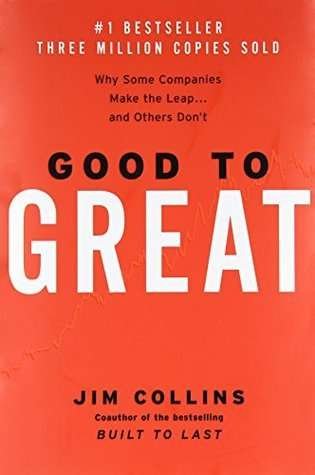
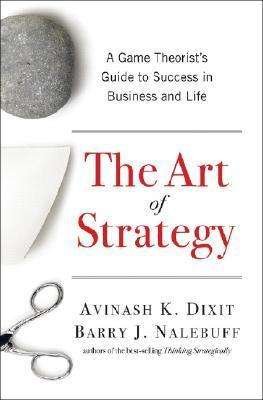

How to Practise Strategic Leadership in different Situations
Corporate Leadership Case Studies of Military Leadership
Others learning from the likes of Google and military operations, on why agility, adaptability and solid action indeed have a place.
Translating Strategies Into Operational A3 Plans
Strategic leaders Plan and Delegate, not only do they set in place the action steps to be done — but also truly ensure with clear communication that those tasks are being held accountable.
Strategic Failures to Learn from
After all, failures teach you invaluable lessons. Knowing what they went to war against, leaders can then avoid the same mistakes again.
Table of Contents How to Lead Through Change & Crisis
Appreciating the framework of Change | Books On Leadership Skills
Behavioral Change Resistance Invalidates Psychological Awareness
The more we understand of people resist change the better equipped to design strategies that facilitate a smoother transition and acceptance.
Step of good change management
Efficient change management includes a good preparation, clear communication and stakeholder engagement during, as well after the transition.
PREVIOUS POST Keeping Morale High Through Transitions
High morale is difficult but possible through transparency, empathy and celebration of small wins.
Leadership Must Reads: Change | Books On Leadership Skills
Leading Change by John P. Kotter
Kotter presents an 8-step guide to leading change – followed by reflections with tips for managing transitions.
Switch: How to Change Things When Change Is Hard by Chip Heath and Dan Heath
In it, the Heath brothers described a 2-part model of change focused on both what they called emotional traditions and rational tweaks to keep changes made for good.
Next up: The First 90 Days; Proven Strategies for Getting Up to Speed Faster and Smarter – Michael Watkins
Leaders taking on new roles have a lot of ground to cover Watkins outlines the specifics for leaders in this challenging phase.



The Essence of Strategic Leadership during Crisis | Books On Leadership Skills
Making fast decisions under the gun
Leaders who make decisions swiftly and well in the middle of a crisis are priceless.
Concise Communication During Crisis
Keeping open lines of communication with your users and answering questions promptly goes a long way in managing expectations, preventing panic.
Precedent Examples of an Effective Crisis Leadership
The COVID-19 response under Jacinda Ardern in New Zealand is a case in point when it comes to the necessity for empathy and decisiveness.
Category: Innovation and Leadership Development | Books On Leadership Skills
Building an Innovation Culture | Books On Leadership Skills
How to Activate Creativity in a Team
Fostering an atmosphere that values creativity includes providing creative autonomy and support.
We might like many of the parts above but would have to balance innovation with practicality.
While innovation is essential, it should be moderated with practicality to make the solution feasible.
Conquering Barriers to Innovation
To make a creative organization, these are the barriers leaders must recognize and remove (such as strict processes or fear of failing).

Books on Innovation & Leadership to Read Next | Books On Leadership Skills
The Innovator’s Dilemma: When New Technologies Cause Great Firms to Fail by Clayton M. Christensen
Christensen delves into the reasons why most successful companies are unable to innovate and provides insights on how they can come out of this spiral.
Creativity, Inc.: Overcoming the Unseen Forces That Stand in the Way of True Inspiration – Ed catmull
Catmull – co-founder of Pixar; offers advice on building an agile and creative organizational culture.
Blue Ocean Strategy: How to Create Uncontested Market Space and Make the Completion Irrelevant by W. Chan Kim, Renée Mauborgне
The book presents models to identify and reach new markets through innovation.
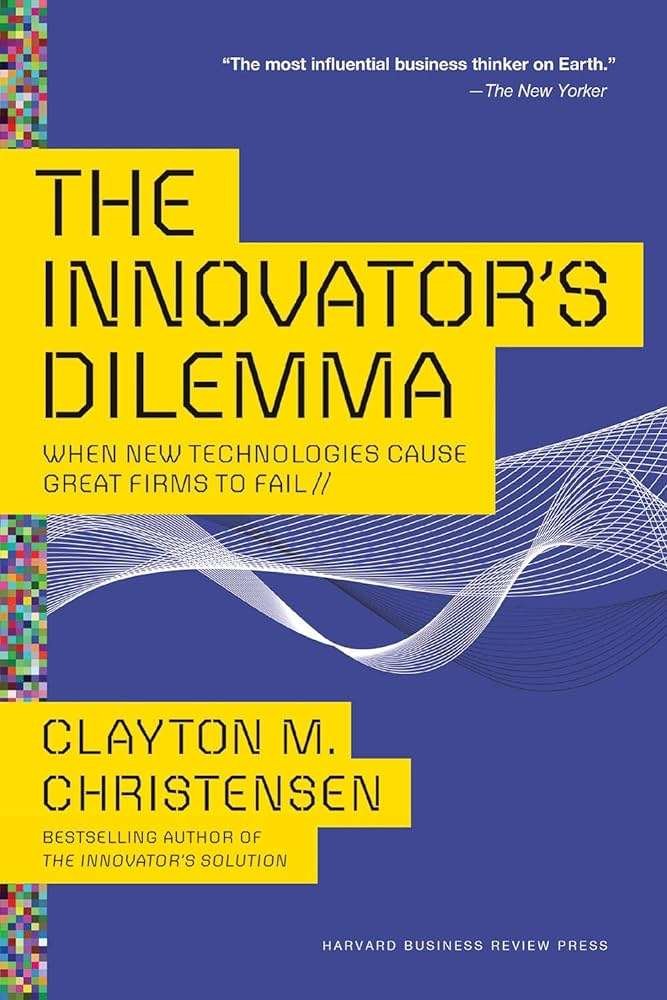
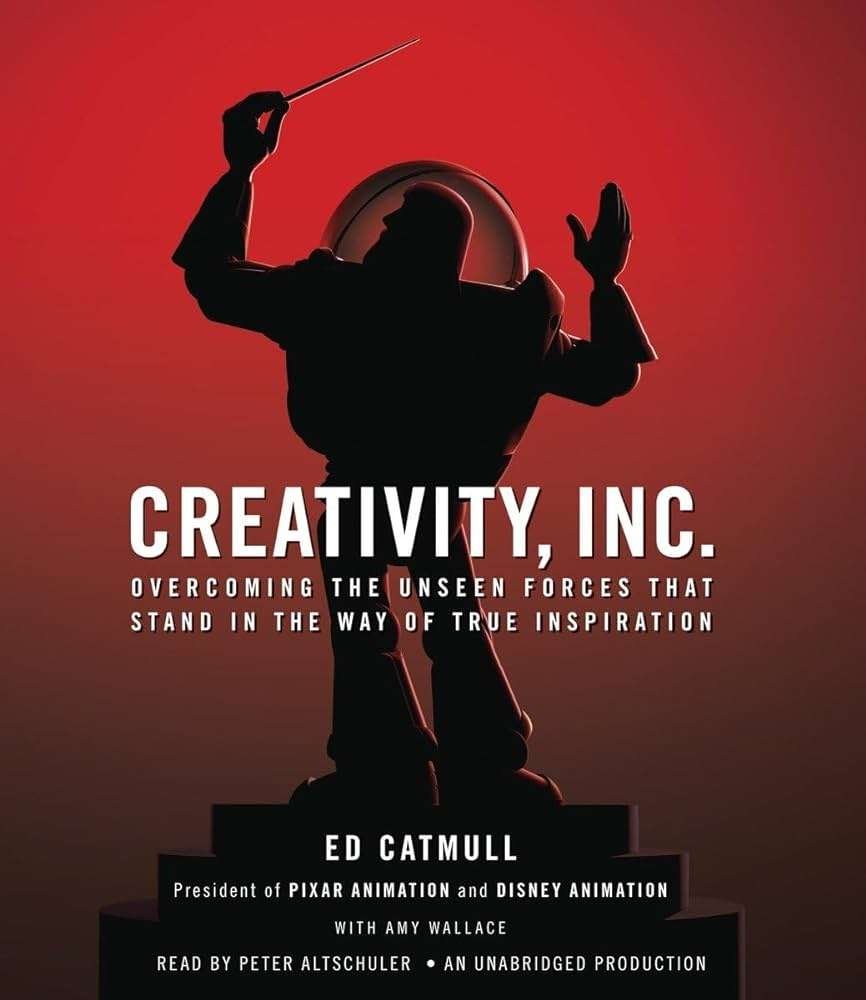
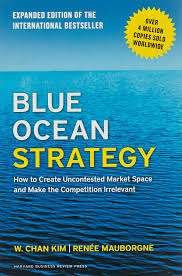
Books On Leadership Skills – Continuous Leadership Development
Continual Learning and Reinvention of the Self
Great leaders are readers. They desire learning and practice what they learn
Networking and Mentorship
Fostering friendships with other leaders and getting a mentor can help you see this world thru different eyes -guidelines & assistance.
Shifting Leadership Skills Emerge
With every new obstacle, adaptive leaders rise to the top by evolving and learning through their experiences.
Conclusion – Books on Leadership Skills
Abstracts of Leadership Books | Books On Leadership Skills
Over the last few weeks, we have explored different facets of leadership, starting from timeless concepts to strategic acumen and soft skills all way through leading in times of transformations and turmoil.
This Continual Learning of How to be a Leader | Books On Leadership Skills
Leadersintoday Leadership is a Work in Progress Every book and experience brings another level of knowing essentially beefing up the capacity.
One Awesome Quote to Read and Start Using Knowledge Today | Books On Leadership Skills
Good leaders are continuous learnings Get started today with a book and apply what you learn towards transforming your leadership style.
FAQs | Books On Leadership Skills
How Do I Choose the Right Book for My Leadership Development?
Consider your current challenges and goals. What area do you need the most guidance in? Pick books that address those needs.
Can Leadership Skills Be Learned from Books Alone?
Books provide valuable insights and frameworks, but real-world experience is also crucial. Combine reading with practical application.
How Do I Apply What I Read in Leadership Books to Real Life?
Start small. Implement one or two strategies at a time and observe the results. Adapt and refine as needed.
What Should I Read Next After Finishing the Recommended Books?
Continue exploring. Look for books that delve deeper into specific areas you’re interested in or that offer new perspectives on leadership.
How Often Should I Update My Leadership Knowledge and Skills?
Leadership is an evolving field. Aim to read at least one new book on leadership each quarter and stay updated with the latest research and trends.
Check Out The Sources
Check Out More


